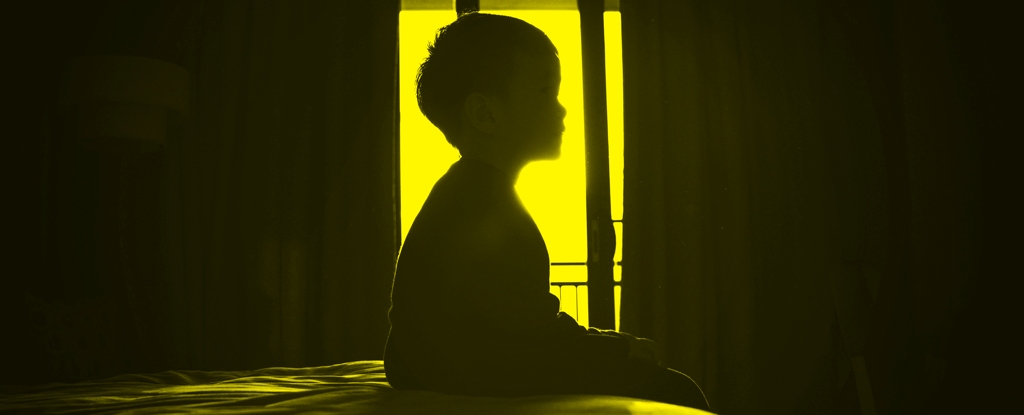Products You May Like
Being able to pretend is a valuable skill throughout life – whether it’s playing make-believe as kids or feigning interest in your partner’s favorite TV show – and a new study suggests we learn the art of pretense at a very young age.
Researchers in the UK quizzed 902 parents from the UK, US, and Australia about their kids, aged from birth up to 47 months (nearly four years).
They found some of the youngsters were engaging in pretend play by the age of four months, while around half of them were capable of pretending by 12 months. By 13 months, half the children in the sample could recognize pretense too.
“Our findings highlight how pretending is a complex, evolving process which begins very early on in life, helping their cognitive and social skills to advance,” says educational psychologist Elena Hoicka, from the University of Bristol.
“Pretense is a key part of children’s learning, creativity, making friends, and understanding of other people. This study maps its many different stages and types.”
Pretending does get more sophisticated as kids get older. Hoicka and her co-author, University of Oxford clinical psychologist Eloise Prouten, report that it starts with the body (pretending to sleep, for example), then moves on to gestures and actions (like brushing teeth with a finger), and then develops into substituting objects (maybe using a banana like a phone).
By the age of two, children are usually adding in more abstract thought, the researchers found. At this stage kids might pretend to do something they don’t have any experience with, like flying a rocket ship.
As they move towards three, children are then using their whole bodies to pretend to be other people (like cartoon characters), or animals, or trees. Other types of pretense engaged in by the age of three include more unusual scenarios and imaginary friends.
“As their language skills are also developing, this can help them to pretend in new ways, allowing them to create elaborate storylines when doing so,” says Hoicka.
In total, the team was able to identify 18 different types of pretense in these young children. They say it’s the first known study to chart pretending behavior from birth through to the age of three.
Parent reports, as the authors acknowledge, might not always be accurate, but they have been shown to correlate with lab reports in previous studies. Using this method allowed them to efficiently examine these relationships with a larger and younger sample.
Current lab-based tests and observational studies have other limitations, such as fewer participants and potentially exhausting young children – failing to capture their abilities if they are not in the mood to pretend.
One of the ways the study’s results could be useful is to better understand patterns of development in our youngest years. It may be that certain types of play or learning are more suitable at different stages for different youngsters.
“With further research, the findings have the potential to be used as a diagnostic tool for developmental differences in early years,” says Hoicka.
“This could ultimately help parents, early years educators, and medical professionals better understand how to play with children at different stages of development.”
The research has been published in Cognitive Development.
